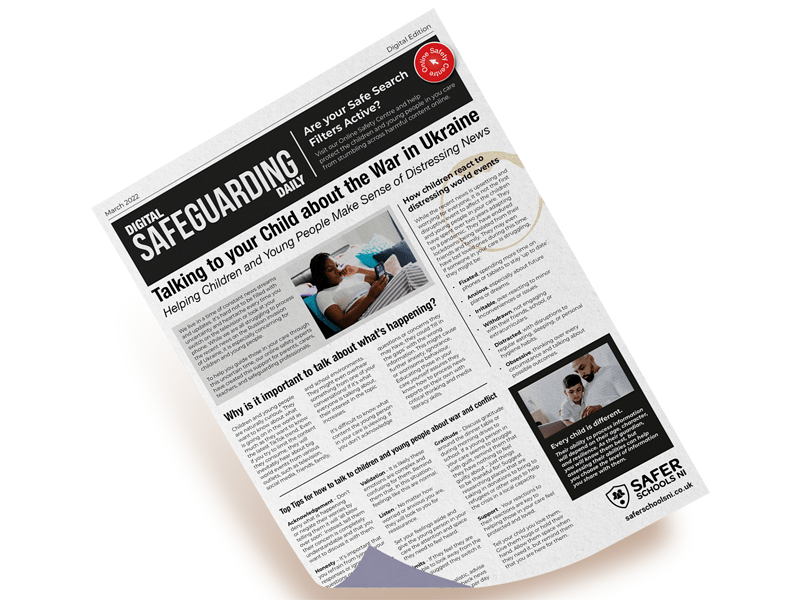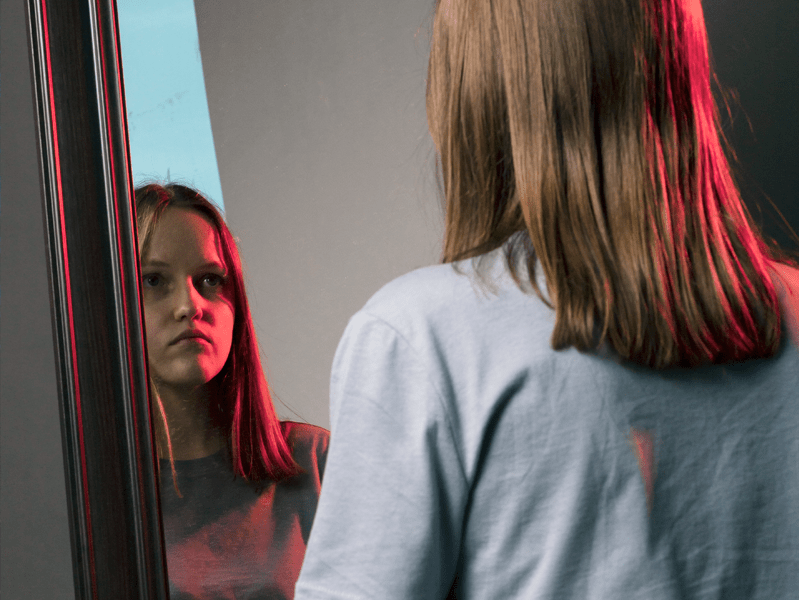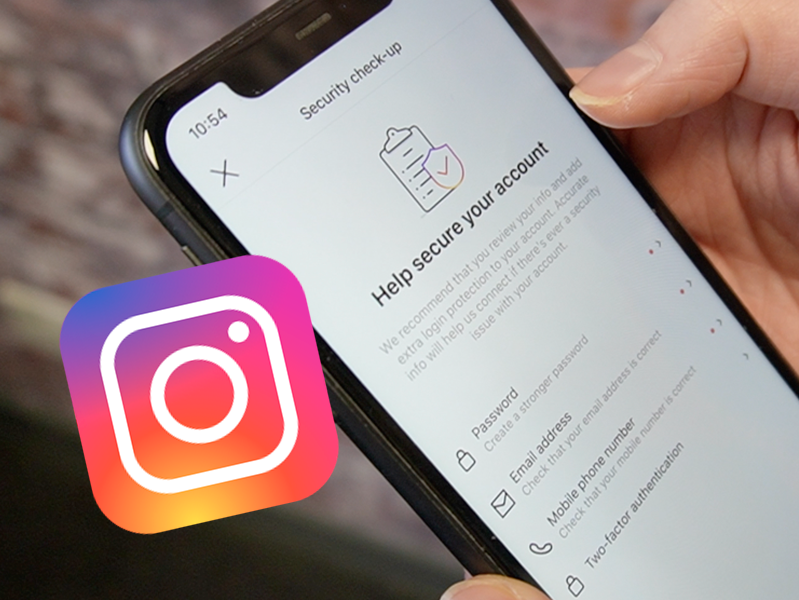Last Updated on 14th March 2022
As a global community, we have faced a turbulent few years, ruled chiefly by the COVID-19 pandemic and the restrictions it brought. Now as we enter Spring 2022, the recent Russian invasion of Ukraine has taken over media attention and national concern. We live in a time of constant news streams and updates. It’s hard not to be filled with uncertainty and heartache every time you switch on the television or look at your phone. While we are all struggling to process the news, it is especially concerning for children and young people.
To help you guide those in your care through this uncertain time, our online safety experts have created this support for parents, carers, teachers, and safeguarding professionals. You’ll find a synopsis of important terms and questions, as well as our top tips for helping children and young people cope with distressing news.
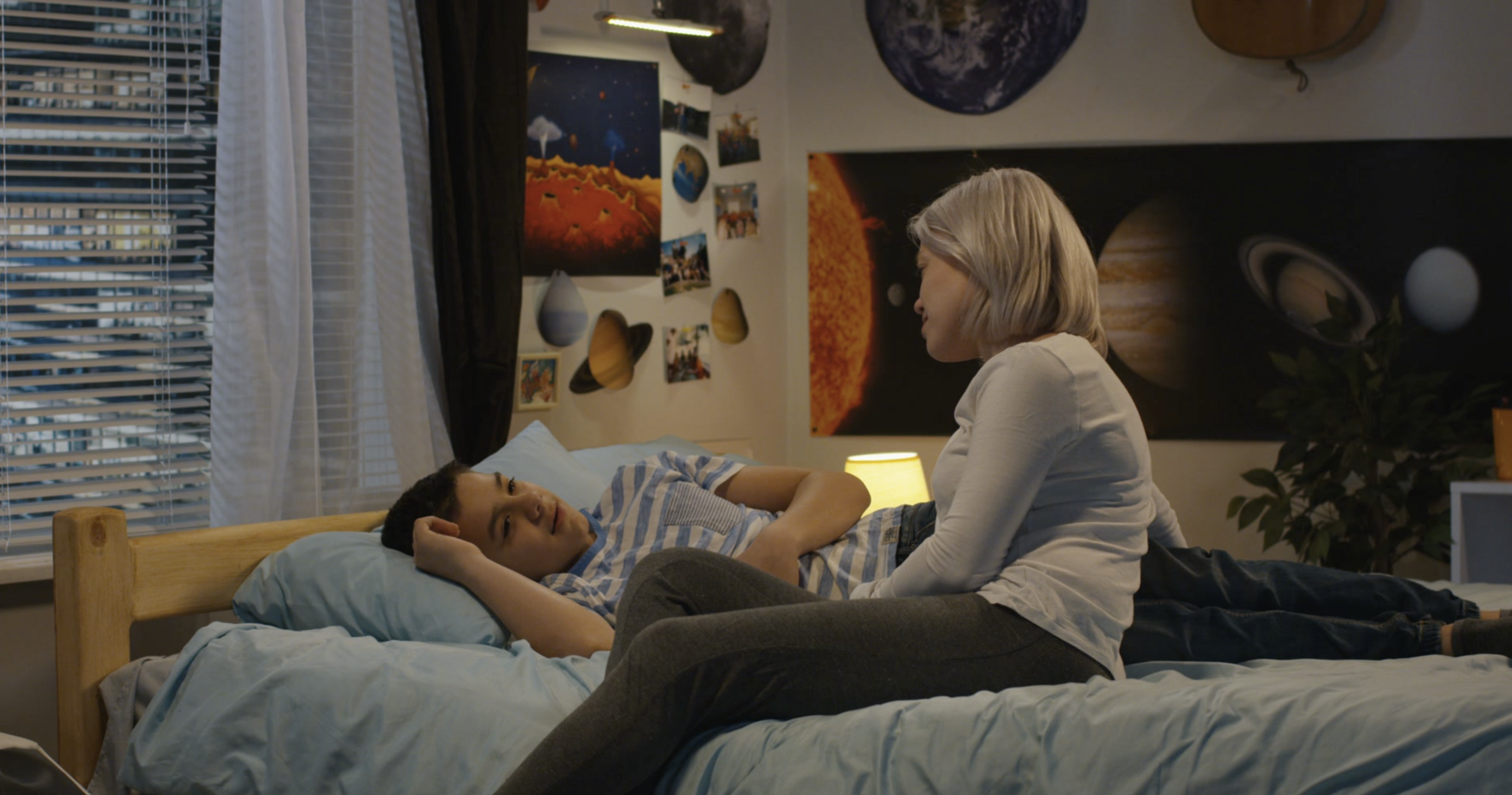
What is the Russian invasion of Ukraine?
On February 24, 2022, Russian President Vladimir Putin ordered his military forces to begin an invasion of neighbouring country Ukraine. This is an escalation of the Russo-Ukrainian war that began in 2014 after a pro-Russian president of Ukraine was removed from office and Russian soldiers seized Crimea.
Since the invasion, there has been worldwide condemnation of Putin and his supporters. Protests have spread across the world (with protests in Russia resulting in arrest from police forces) as international support for Ukraine grows. Heavy sanctions (penalties to trade, sporting, and economic goods that are put in place by international leaders to try and pressure other leaders to a conduct agreement) have triggered a financial crisis in Russia, which has led Putin to put Russia’s nuclear forces on ‘high alert’ and has increased global fears of a nuclear war. Over 2 million Ukrainian citizens have fled their country. Thousands are suspected dead, with estimates expected to be higher. Many are trapped without access to necessities or medical aid. Recently, a maternity and children’s hospital was hit by a Russian airstrike resulting in multiple injuries and casualties.
Live reports are coming in every few minutes. Major news networks have constant news updates available for the public to see, despite difficulties in confirming news reports. However, the news is not the only avenue reports are appearing on. Social media is full of harrowing imagery and stories to encourage global support of Ukraine. While this is done to raise awareness of the atrocities happening in Ukraine, some of this content is extremely distressing. It’s worth nothing that if a child or young person engages with these posts on social media, the algorithms in place on these platforms will show them more.
How children react to distressing world events
While the recent news is upsetting and worrying for everyone, it is not the first disruptive event to affect the children and young people in your care. They have spent over two years adapting to a pandemic. They have endured lockdowns being isolated from their friends and family. They may even have lost loved ones during this time. Experts have warned that these events alone would have a significant impact on the mental wellbeing of children and young people going forward. If someone in your care is struggling, they might be:
If you are worried about a child or young person in your care, you can encourage them to speak to you or someone on their trusted team of adults. You can also point them to Childline’s support services.
Why is it important to talk to children and young people about what’s happening?
Children and young people are naturally curious. They want to know about what is going on in the world as much as they want to know the latest TikTok trend. Even if you try to limit the content they consume, they will inevitably hear about big world events from various outlets, such as television, social media, friends, family, and school environments. They might even overhear something from one of your conversations! If it’s what everyone is talking about, their interest in the topic increases.
This wide variety of sources makes it difficult to validate information and know what content the young person in your care is viewing. If you don’t acknowledge any questions or concerns they may have, they could ‘fill in the gaps’ with the wrong information. This might cause further anxiety, ignorance, or worrisome behaviour. Educating those in your care yourself is important to assure they know how to process news reports on their own with critical thinking and media literacy skills.
Some children may be curious, but not worried. Others may be uninterested in what is happening. Whether your child asks you about it or you bring it into conversation, remember to stay calm, listen to them, and reassure them that you are there if they need support or further guidance.
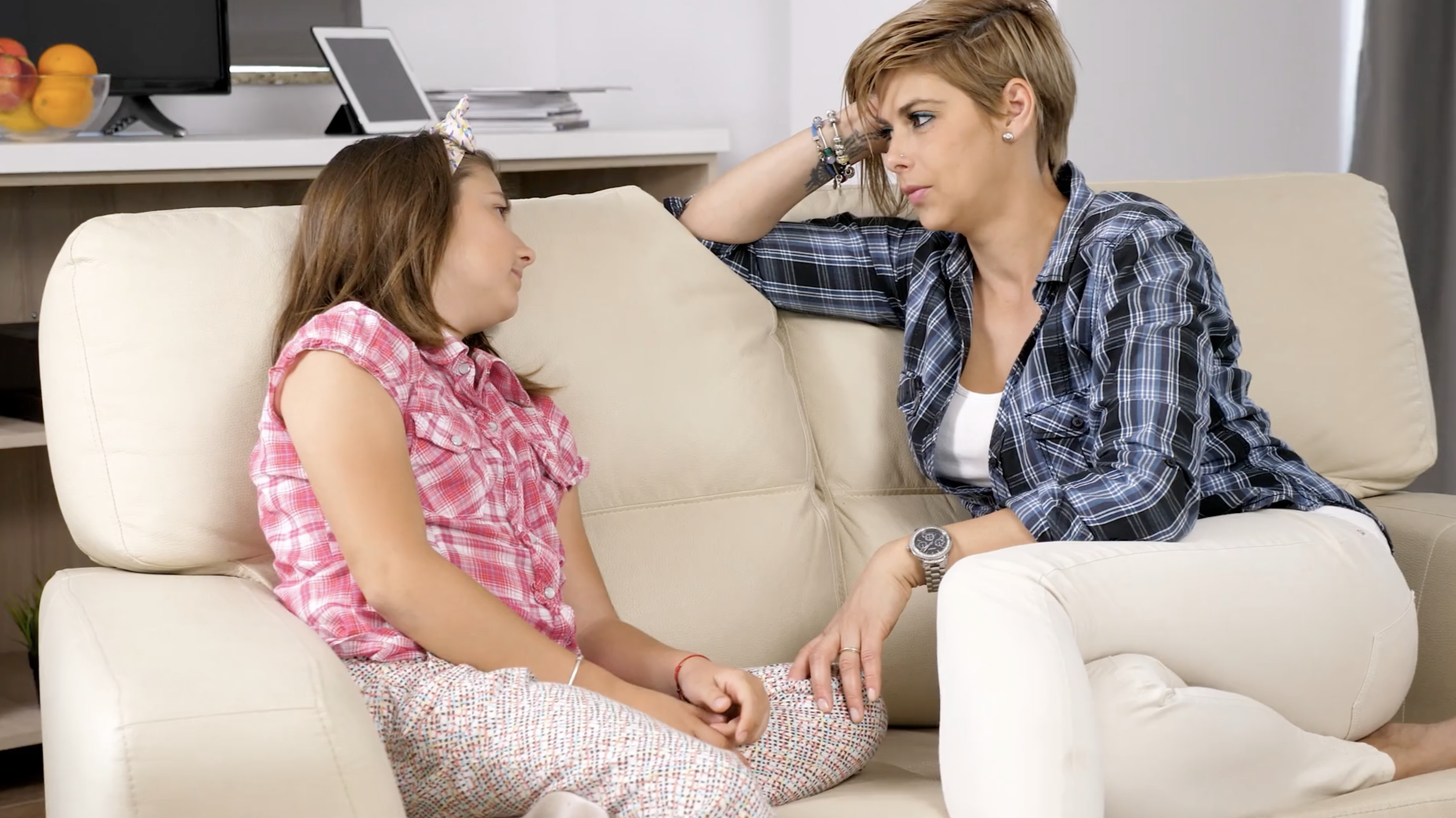
We know it can be difficult to decide what to share and how to respond. Remember – it’s important to remain calm, open, and honest with those in your care regardless of their age. Below, you’ll find some examples of questions you may receive about the recent Russian invasion of Ukraine. Our online safety experts have crafted some examples of appropriate answers to help you frame what you would like to say.
To help you navigate those difficult conversations, check out our toolkit on ‘Having Supportive Conversations’.
Join our Safeguarding Hub Newsletter Network
Members of our network receive weekly updates on the trends, risks and threats to children and young people online.



